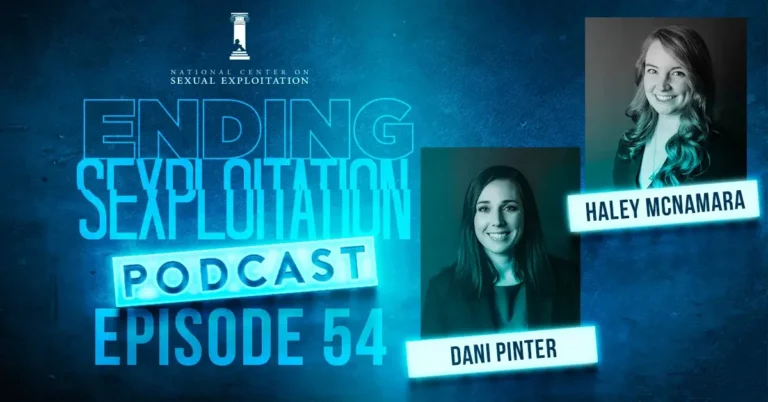When: November 2, 2016 / 12:00 pm ET
Location: Watch Online Here:
Beau Abdulla, founder of PORNKNOW, will discuss tips and strategies that equip parents to talk to their kids about the truth and dangers of viewing pornography, along with the barriers that often get in the way.
There are many people who are aware and educated about the truth and harms that come from viewing pornography. Even with this knowledge, many parents still don’t feel equipped to address the dangers of pornography with their children. Using a principle based approach, PORNKNOW has developed 8 keys to effectively communicate with your children about this sensitive subject. We will also look at common barriers that can get in the way of having these conversations in our families. The consequences of uniformed youth today are devastating. If you aren’t talking to your children about the dangers of viewing pornography, who is? Let’s talk.
1) First we can start off by looking at who’s talking about porn.
WHO’S TALKING ABOUT PORN?
- Only 20% of adults report having anyone talk to them about pornography as a child.
- Only 20% of adults report addressing pornography with either children or adults on a regular and on-going basis.
- Just over 20% of adults report being intentional to seek out information about the truth and dangers of pornography. Source – Let’s Talk workshop survey (2016)
What this tells us is that only 1 in 5 adults feel equipped and are being intentional to address pornography in any way. This means there is a huge gap between the amount of people indulging in viewing pornography and the number of people speaking about the harms of pornography. We need more voices advocating for the choice to live porn-free.
2) Next we can go briefly through our 8 LET’S TALK principles
Link – http://www.pornknow.org/8-let-s-talk-principles.html
3) After that we will discuss the following common barriers that get in the way of conversations taking place between adults and children.
- Poor parental role models.
- The thought that pornography is not that big of a deal.
- The belief that it is better to not bring a topic like pornography up as it will only enhance curiosity in children.
- The belief that it is not culturally appropriate to discuss porn in our family.
- The lack of knowledge, skills or tools to engage children.
- Being scared or feeling uncomfortable talking about pornography.
- Individual shame and guilt.
- Personal indulgence with pornography.


